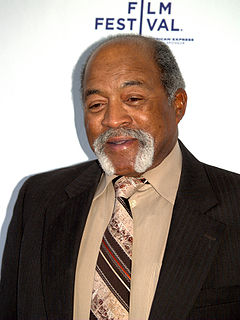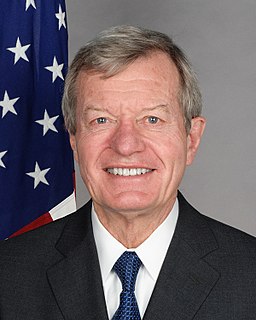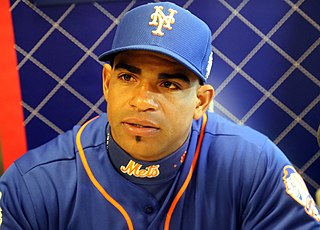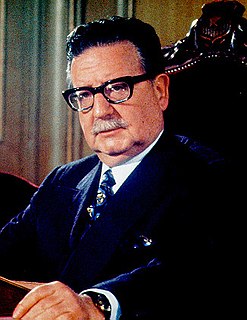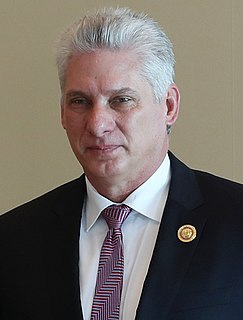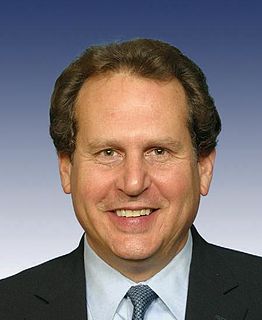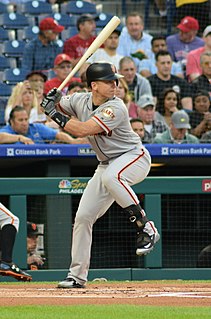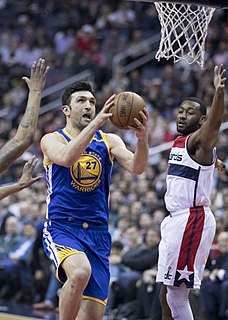A Quote by Luis Tiant
Normal relations, never. We should never forget what has happened to the people in Cuba for forty years. All baseball cares about is getting players out of Cuba. It doesn't care about the suffering, just money. The Orioles shouldn't have gone to Cuba. This is a free county, but that's the way I feel.
Related Quotes
For some reason, we can't go to Cuba, businesses in American can't do business in Cuba. I think that that is stupid. So I hope very much and applaud the president for his efforts in that direction and hope that in the not-too-distant future, that if I have anything to say about it as president, we will work aggressively to develop normal relations in every respect with the people of Cuba.
Cuba harbor fugitives of American justice. There are people living on the island of Cuba who have violated American law, including those who have stolen millions of dollars from Medicare fraud in South Florida and have fled to Cuba. Those are three reasons right there to care about what is happening on the island of Cuba, which happens to be 90 miles from our shores, basically a neighboring country.
Esperando (Cuando Cuba Sea Libre) is probably one of the most personal songs from the new [September, 2007] CD, "90 Millas" . . . as it really speaks about the celebration, nostalgia and emotion that will happen the day Cuba is free. If we're to move forward in Cuba, we really have to have a lot of forgiveness for each other and look towards the future.
I have been to Cuba many times. I have spoken many times with Fidel Castro and got to know Commander Ernesto Guevara well enough. I know Cuba's leaders and their struggle. It has been difficult to overcome the blockade. But the reality in Cuba is very different from that in Chile. Cuba came from a dictatorship, and I arrived at the presidency after being senator for 25 years.
The problem of giving health care to everybody cannot be solved so long as we're spending huge sums of money for war. Already we have a very wasteful healthcare system, the most wasteful healthcare system in the world. I mean, we spend the most money and still have 40 million people without insurance. Compare us to Cuba. Cuba is our enemy, run by a dictator, Fidel Castro. But people in Cuba get health care at least equal to that of the United States - with very scarce resources. So I think this issue is the most important domestic issue.
That might be the old model: to get a fixed fee. You have to start to think about other models and how they can generate interest - what it can do for a brand in the future - and about the fact that revenue can also be generated in many other ways... Just look at the one and a half million people at the free Rolling Stones concert in Cuba. And Cuba is not Central Park! So just use your imagination as to what kind of revenue can be made.
The legacy of the embargo will be Cuba's poverty and desperation. When the island comes out of it, they'll be even more desperate than they are now about the things they think they've missed. I think one of the unintended results of the embargo is that Cuba is quite consumerist - and I'm talking about the people, not the government or the official propaganda.
I was born in Cuba. At the age of 14 years of age I was involved in a revolution. We were suffering from a very cruel, oppressive dictatorship, and the revolution started in the high schools and the universities. So when I was 14, I was involved in the revolution. I was in the revolution four years. During that time, a young, charismatic leader rose up in Cuba, talking about hope and change. His name was Fidel Castro.
Faith leaders, young people, American companies, human rights advocates, and many others have demonstrated a unique interest in our Cuba policy. But no community cares more deeply about these issues than Cuban Americans - young and old - who have maintained a profound interest in Cuba and an abiding faith in the Cuban people.
